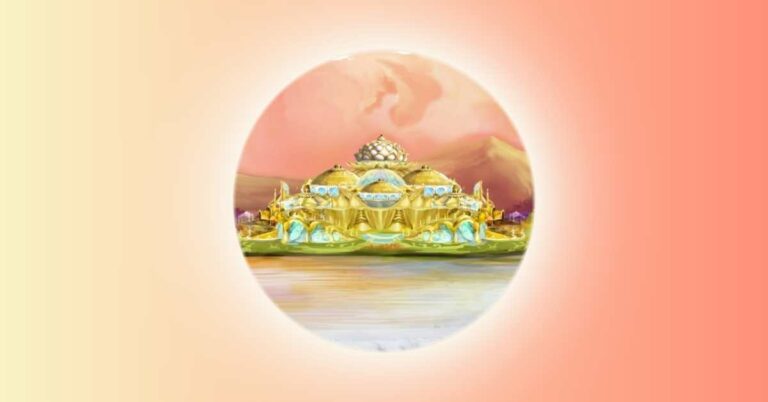
Ram Rajya Bharat – The Call Of Time
Article discusses transition from ‘Ravan Rajya’ to ‘Ram Rajya’ through shifting consciousness, personal transformation for societal change.
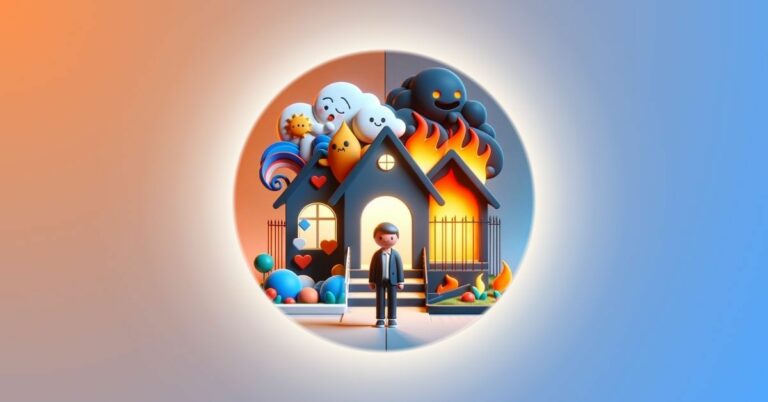
When we become deeply attached to people, possessions, or outcomes, we often experience a rollercoaster of emotions. We may feel happy when our desires are fulfilled, but equally, we may experience disappointment, sadness, sorrow, and frustration when things don’t go according to plan.
We often form emotional connection with people, possessions, ideas, and outcomes, believing that they bring us happiness, contentment and fulfilment. However, attachment is an illusion that can obstruct our overall growth and prevent us from attaining true happiness. It is a well-known fact that a man becomes weak where his attachment lies. Human beings of the modern age always crave to get attached to an object to make it a source of their happiness, fulfilment and security. The ‘object’ may vary from being a fellow human or a pet or a gadget or social media or a motor vehicle. We become dependent on it socially, emotionally and physically. We tend to protect and even will fight for it. We even begin to doubt our identity and existence without it. If we lose it then we also go through immense pain and upheaval.
Attachment can be defined as an emotional bond or strong attraction towards something or someone. It arises from desires, expectations, and the belief that external objects or relationships are vital for our well-being. In the Bhagavad Gita, three types of attachments are highlighted:
Attachment can have an intense impact on our lives. When we become deeply attached to people, possessions, or outcomes, we often experience a roller coaster of emotions. We may feel joy when our desires are fulfilled, but equally, we may experience disappointment, sorrow, and frustration when things don’t go as planned. Attachment binds us to the fluctuations of the external world, leading to emotional instability and a constant longing for more.
It is only when a man practises the Art of Detachment; he begins to find himself and the true purpose of his life. Detachment is the antidote to attachment. It involves developing a sense of non-attachment towards the outcomes of our actions and cultivating an attitude of selflessness. Detachment does not mean indifference or apathy but rather a shift in perspective, recognizing that our true identity lies beyond the temporary manifestations of the world.
Attachment is the Source of All Sufferings. The attachments weave your prison. They lead to expectations. Expectation leads to suffocation, pain and suffering. When you are attached to a person or a situation, it binds you and expectations arise. If that specific thing does not go as per your wish, it makes you upset and bothers you. Have you ever wondered why a stranger can never hurt as much as your near and dear ones? It is because of attachment. Expecting the loved ones to act according to you leads to friction. Instead of owning the power, you give away the power to the external forces. It gets you out of control. Attachment leads to fear of loss and suffering.
For example, if a guest is staying in a hotel room and another person in the adjoining room drives a nail into the sidewall, then the first person would not feel concerned. But if the same thing happened at one’s home where a tenant living in an adjoining room was to hammer a nail into a wall, the owner would definitely mind and resist it because of the feeling that it is his house that is being spoiled. Here I have an interesting, humorous and inspiring story related to suffering caused by attachment.
A man who has gone out of his town comes back and finds that his house is on fire. It was one of the most beautiful houses in the town, and the man loved the house the most! Many were ready to give double the price for the house, but he had never agreed for any price and now it is just burning before his eyes. Thousands of people have gathered, but nothing can be done; the fire has spread so far that even if you try to put it out, nothing will be saved.
He becomes very sad; his son comes running and whispers in his ear: “Don’t be worried. I sold it yesterday and at a very good price ― three times. The offer was so good I could not wait for you. Forgive me.” Father said, “Thank God, it’s not ours now!” Then the father is relaxed and becomes a silent spectator, just like thousands of other watchers. Please think about it! Just a moment before he was not a watcher, he was attached. It is the same house…. the same fire…. everything is the same…but now he is not concerned. In fact, he started enjoying it just as everybody else in the crowd. Then the second son comes running, and he says to the father, “What are you doing? You are smiling ― and the house is on fire?” The father said, “Don’t you know, your brother has sold it.” He said, “We have taken only an advance amount, not settled fully. I doubt now that the man is going to purchase it.”
Again, everything changes!! Tears which had disappeared have come back to the father’s eyes, his smile is no more there, and his heart is beating fast. He is no more ‘a spectator’, He is again attached.
And then the third son comes, and he says, “That man is a man of his word. I just met him and came; he said, ‘It doesn’t matter whether the house is burnt or not, it is mine. And I am going to pay the price that I have settled for. Neither you knew, nor I knew that the house would be on fire.”
Again the joy is back and the family became ‘spectators’! The attachment is no more there. Actually nothing is changing! Just the feeling that “I am the owner! and I am not the owner of the house!” made the whole difference.
The moral of the story is: Everything starts with a Thought! A thought of attachment, possessiveness and ownership gives us pain while a thought of detachment and watching every scene of this world drama as a detached observer makes us normal. Thoughts are the building blocks of our life.

Article discusses transition from ‘Ravan Rajya’ to ‘Ram Rajya’ through shifting consciousness, personal transformation for societal change.

Exploring how worry affects not only our emotional state but also that of our loved ones, this blog delves into the power of maintaining a high vibrational energy to truly support and empower those around us in times of need

Discover how the energy of giving, reflected in the food prepared with love and intention, can transform your mood and well-being, making every meal a nourishing experience for the soul

respecting ourselves is not just about holding ourselves in high esteem; it’s about realigning with our original, pure state and setting a positive example for others to follow.
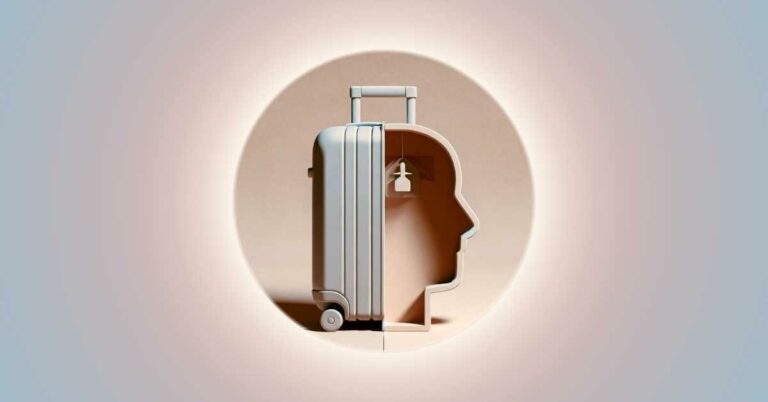
Discover how to pack your mental luggage for life’s journey, focusing on forgiveness, understanding, and the power of blessings to live a lighter, more joyful life.
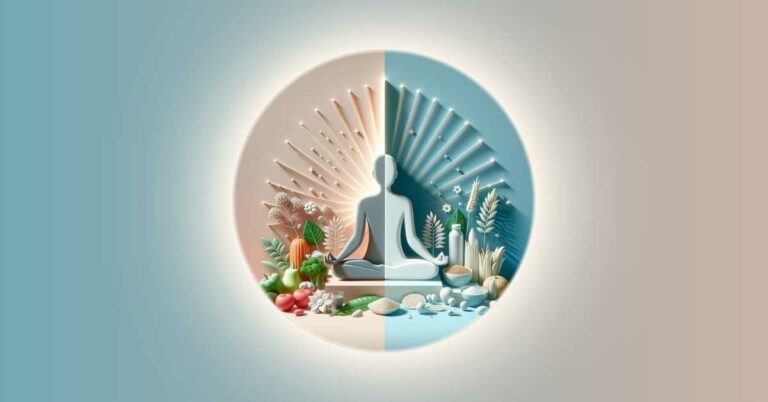
Discover the transformative power of viewing detox not just as a physical cleanse but as a holistic approach to living, emphasizing the profound connection between mind, body, and environment.

Discover why forgiving others, even for significant mistakes, is crucial from a spiritual perspective involving the journey of the soul and karmic accounts
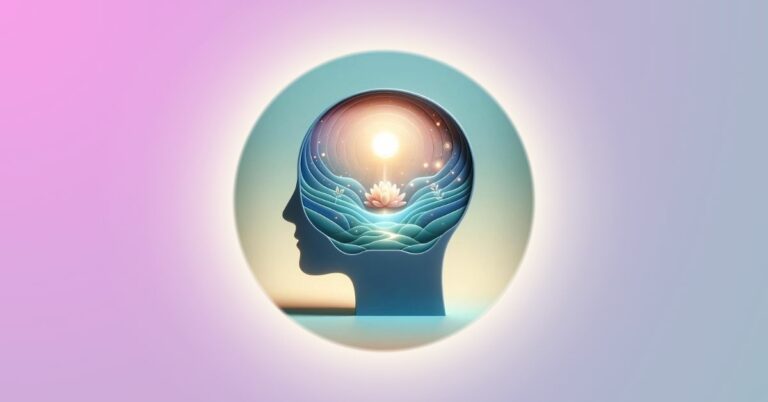
Discover the transformative power of visualization in healing emotional pain. Learn how to let go of the past and open your heart to a future filled with love and peace through this powerful meditation technique.
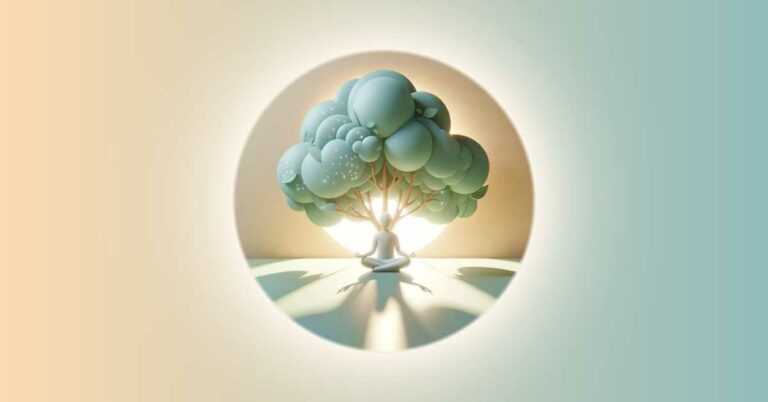
Discover how embracing the power of giving and connecting with divine energies through meditation can transform your life and bring about a personal Satyug, filled with peace, purpose, and contentment

Discover the profound spiritual essence of Mahashivratri, exploring the significance of awakening, fasting, and the symbolic consumption of bhang, guiding us towards a golden dawn of purity and peace
Start your day with a breeze of positivity and stay motivated with these daily affirmations
After Clicking on Join, You will be redirected to Whatsapp Community to receive daily message. Your identitiy will be secured and no group member will know about another group member who have joined.